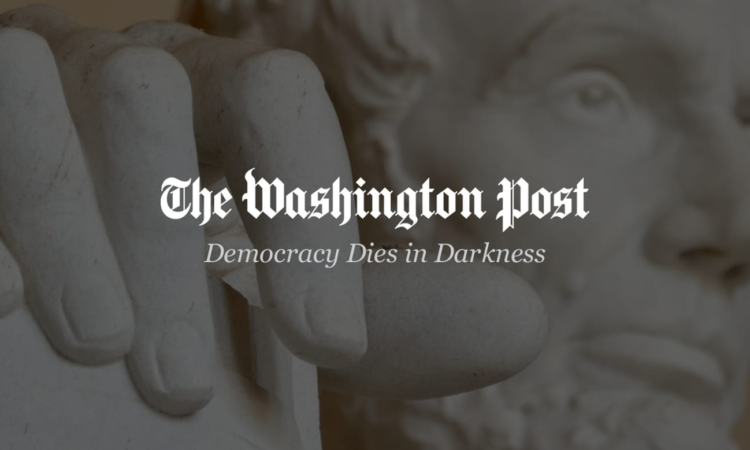
Critics say the rules have reduced the amount of investment research available. There was industry consolidation as research headcount dropped and a contraction in coverage, particularly for smaller companies. They say fewer published reports from analysts has hurt liquidity, and only helped big banks that can afford to sell comprehensive research cheaply. EU member states are arguing for a near-total u-turn. If adopted, their proposals would mean that brokers simply need to tell clients whether they are paying for research and trading jointly, and record the charges attributable to each.
2. Where did this come from?
The forced separation was one of the most consequential parts of the EU’s expansive Markets in Financial Instruments Directive, better known as MiFID II. From 2018, brokers were required to charge separately for their research instead of folding it into commissions on stock trading. The idea was to increase transparency and root out conflicts of interest. A partial rollback in 2021 allowed costs to be rebundled for coverage of stocks with a market capitalization of less than €1 billion ($1.1 billion).
3. Why is this an issue in the US?
The prospect of an EU rollback comes at a key moment. In the US, a waiver that has allowed brokerages to charge their European clients separately for trading and research was set to expire in July, forcing them to finally find a solution for serving MiFID-bound money managers. The underlying issue still wasn’t resolved. In order to sell research on its own, US brokerages are required to register as “Investment Advisers” and face more stringent and restrictive rules. Most have not been keen on that option. The waiver was meant to buy industry members time to either register or find an alternative solution.
The MiFID II rules apply to EU-based money managers, their investors and American institutions providing them with research and trading services. From the US point of view, this includes everyone from major broker-dealers like Goldman Sachs Group Inc. and Morgan Stanley to smaller specialized players. Only a few, like Bank of America, have registered as Investment Advisers after MiFID II, allowing them to take payments for research. As for the others, there are signs that large US brokerages are planning to get around the rules by offering research through their overseas affiliates.
5. Why not just register as an Investment Adviser?
That status brings more onerous regulations for the bank, including a fiduciary duty — an obligation to act in the best interest of the client. Certain activities would be restricted, such as principal trading with the brokerage’s own book. More generally, they may view the unbundling of the market — where research costs are no longer combined with trading costs — as potentially less profitable. Meanwhile, if more brokers did register as Investment Advisers, it could change the whole landscape for US research because firms could then take cash for research from domestic clients as well. That could mean a mass unbundling of the entire market.
6. What’s been the impact of the EU rules?
There’s a big debate about that. The regulation was intended to foster competition and more independent research. Frost Consulting estimates European managers’ research budgets have plunged about 70% since 2016. The French regulator’s 2020 review concluded that coverage of Paris-listed stocks worth at least €1 billion fell 15% on average. The question is whether this is good or bad. Some academic studies have suggested that the remaining analysts have become more effective, while one paper found unbundling has no impact on commissions or fund fees. A review by the British government said low levels of investment research can “make it harder to value companies, make it more difficult for companies to attract investors, and make UK markets less attractive to businesses that want to raise capital.” It said the problem is “particularly acute for certain sectors, such as for tech and life sciences companies.”
7. Where’s this headed?
No one is sure. With the EU planning to tweak some of MiFID II, industry groups and even members of US Congress were lobbying the SEC for a fresh extension until those changes can be implemented. US brokers have several options beyond registering as Investment Advisers. SEC Chair Gary Gensler is said to have informally told industry groups that selling research to Europeans via an EU affiliate is an acceptable solution, though there has been no official green light and it raises a litany of questions related to tax and regulation. It’s also not an option for brokers without a European affiliate. Other possibilities include money managers paying for US research with bundled commissions, and then reimbursing their European investors. Alternatively, American brokers could simply cut MiFID-bound clients off from US research.
• The MiFID experiment hasn’t worked, Marc Rubinstein argues in a Bloomberg Opinion piece.
• A QuickTake explainer from 2018 on MiFID II and the QuickTake on the separation of investment research.
• Our news report from June 2023 on Gary Gensler confirming that the SEC waiver will expire.
• A story on how the US industry started to allow even domestic clients to pay for research separately.
• A link to the pushback against ending the waiver from industry body SIFMA.
–With assistance from Justina Lee.
More stories like this are available on bloomberg.com






